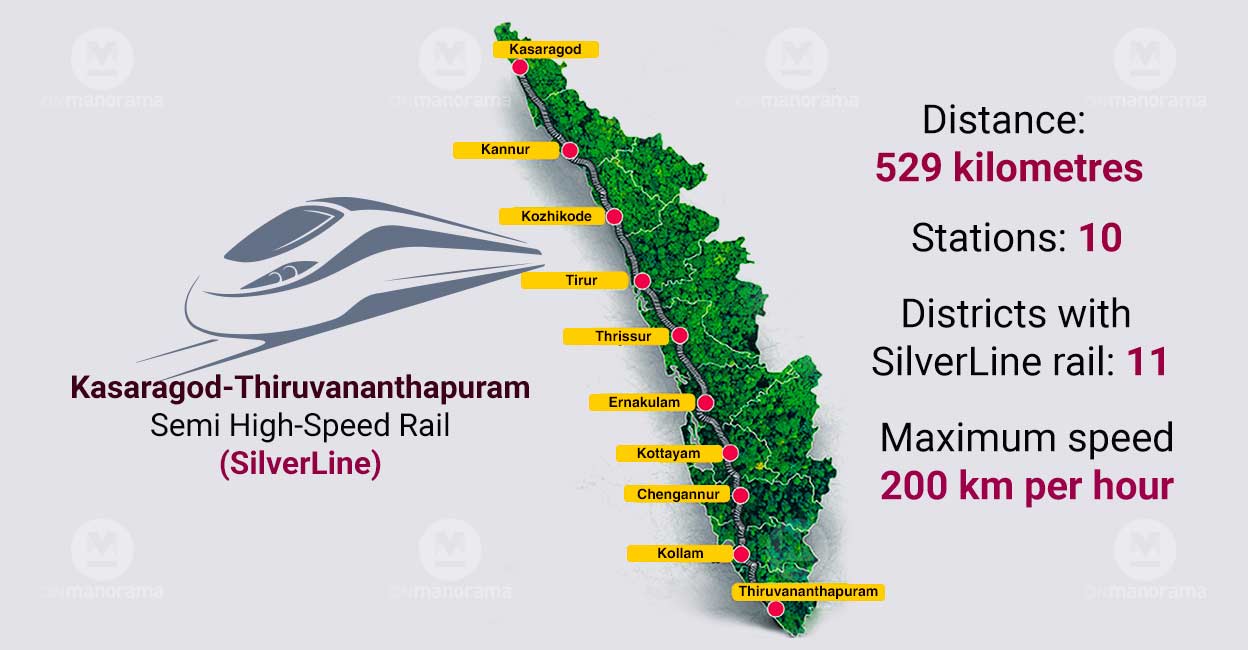7667766266
enquiry@shankarias.in
The critical voices have grown in strength against the Kerala government’s SilverLine rail project.

References